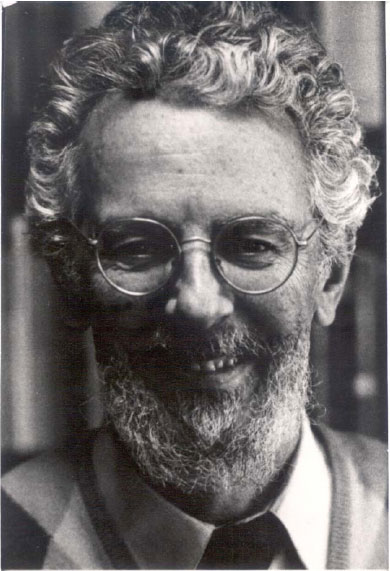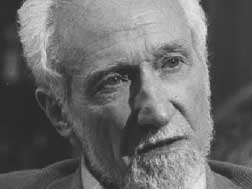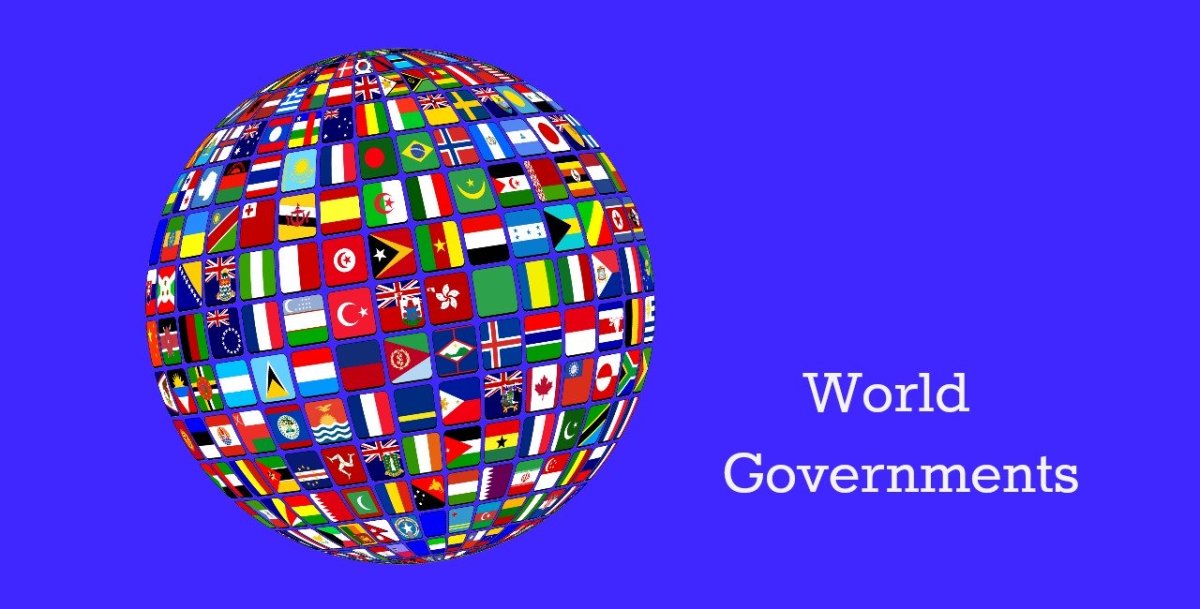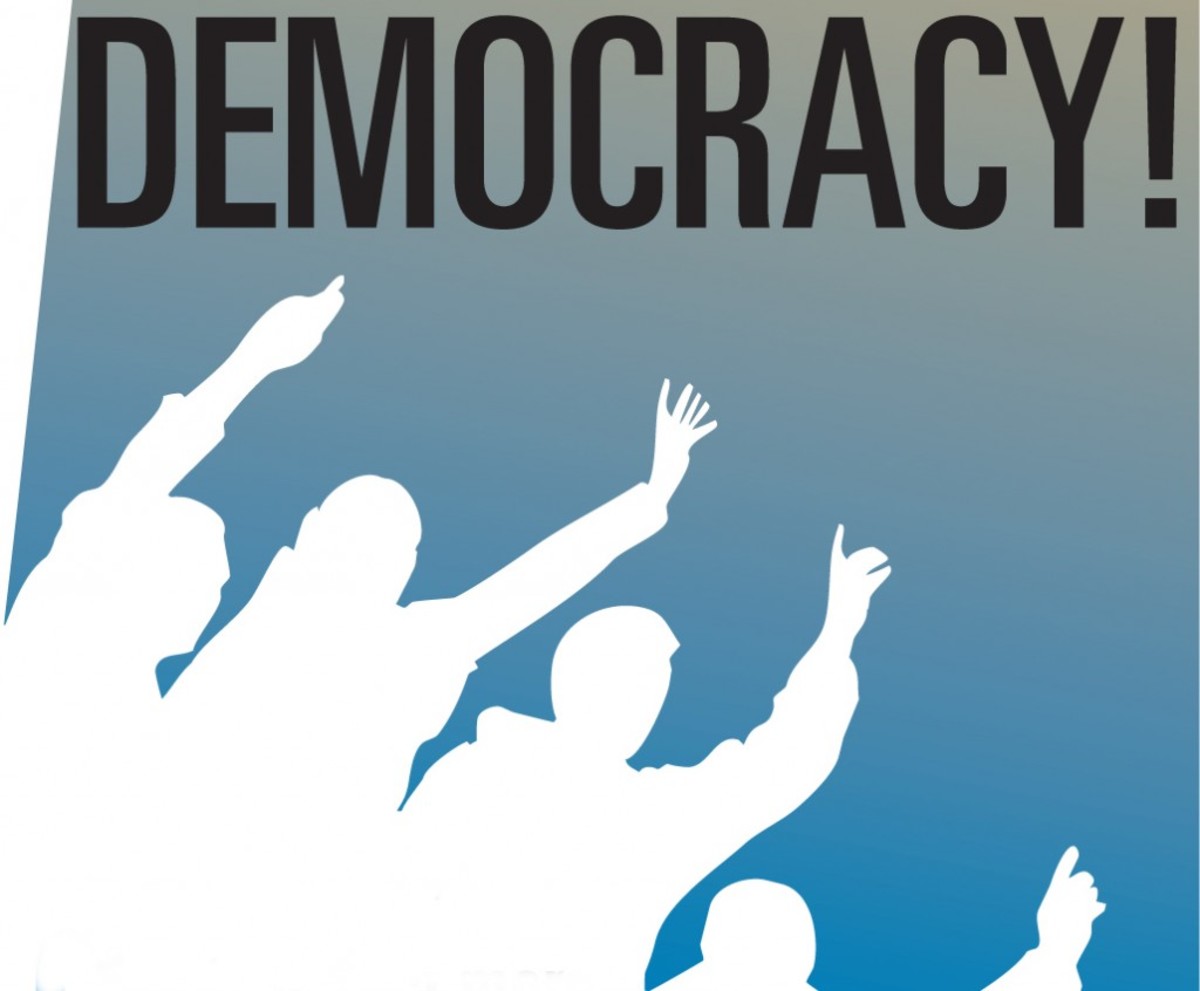Dussel's Potentia & Potestas vs. Wolin's Fugitive Democracy
Introduction
Enrique Dussel conceptualizes the relationship between what he terms potentia and potestas. In order to offer an analysis on how these terms are interrelated in the political sphere, we must define them in accordance with Dussel’s definitions. We will then take a look at how the concept of Dussel’s potentia and potestas compares or contrasts with the work of Sheldon Wolin and his concept of ‘fugitive democracy’ and how they are applicable in today’s society.

Potentia
First, we must understand what potentia is. Potentia is, according to Dussel, “the power that is a faculty or capacity inherent in the people as the final instance of sovereignty, authority, governability, and the political”. Potentia is seen as being the foundation of everything political, because potentia is essentially “the people.” Dussel explains that if potentia is not actualized or institutionalized while being the foundation of all political power, it is then just simply potential, and nothing more. This leads us to draw on Dussel’s concept of potestas.
Which of the options do you think is most important?
Potestas
Potestas is the institutionalization of the power of the people, or, in simpler terms, the institutionalization of potentia. In other words, potestas is the delegated exercise of power over a community. In Dussel’s words, “the exercise of power is always a moment of potestas”. These definitions will help us determine the relationship between potentia and potestas.
Twenty Theses on Politics, Enrique Dussel (2008)
According to Dussel, there has been a “split” between potentia and potestas. He says that the relationship between the two lies in this divergence. The split between the superintendent (potentia) of the community in turn creates the act of exercising power through institutions (potestas). This split between the goal of a centralized power over the community and the goal of having the power of the community be institutionally differentiated is necessary for any political action. In Dussel’s words, “the power of the community (potentia) gives rise to political institutions (potestas)”. In other words, potentia is the source of potestas. Without it, the political as a whole would cease to exist.
There is a growing battle in our society today that confirms some of Dussel’s theories. One of them would be the fetishization of power, in which the representative of a political community ceases to focus on the well being of the community it represents. When this happens, the link between potentia and potestas is broken. Potestas, or the delegated exercise of the originary power of the community, has taken the place of potentia in this situation, by affirming itself to be the center, the foundation, of political power, and therefore sees itself as being self- reinforcing. Potestas destroys potentia in the fetishization of power, it separates the community and brings conflict, and it is self-destructive because it separates potestas from its source, potentia.
Dussel’s conceptualization of potentia and potestas therefore leads us to think of the terms in accordance with Sheldon Wolin’s concept of fugitive democracy. Wolin believes that today’s political system is more unsettled and administrative than democratic. He claims that with the decline in democracy has arisen a growing distrust in government. The disconnect between a citizenry and its government has created a sense of “disaffiliation” by members of a state. In other words, potentia has been split from potestas, as mentioned before. The fetishization of power has taken place, therefore, Wolin’s beliefs about democracy are in accordance with the beliefs of Dussel. We must now turn to what he coins as fugitive democracy.

Fugitive Democracy
In Wolin’s view, the fugitive character of democracy is as follows: “democracy’s politics is the creation of those who must work, who cannot hire proxies to promote their interests, and for whom participation [...] is necessarily a sacrifice”. Fugitive is therefore the opposite of being anti-democratic, hierarchical, permanent, and elitist. Potestas represents corrupt elitist groups today in the 21st century. Therefore, for Wolin, potestas represents the culprit for the distrust in our government today. Potestas is the reason we are not in a fugitive democracy. Instead of being an institutionalized process of potestas, democracy should be a “crystallized response” to the needs of the people, of the potentia.
Sheldon Wolin and Fugitive Democracy
Conclusion
Wolin believes that democracy is not hegemonic, but in permanent battle with the structures it holds no power over. Dussel sees this hegemony as being an exercise of power by potestas, while relying on its source (potentia) as its foundation of power. Potestas needs potentia in order to exist, yet its existence comprises of holding power over what has created it. Here, we can see how Dussel’s ideas resonate with those of Wolin’s, and how they both are against the institutionalization of power in what is supposed to be a democracy.
Was this Hub useful?
© 2013 Ameera Nassir









